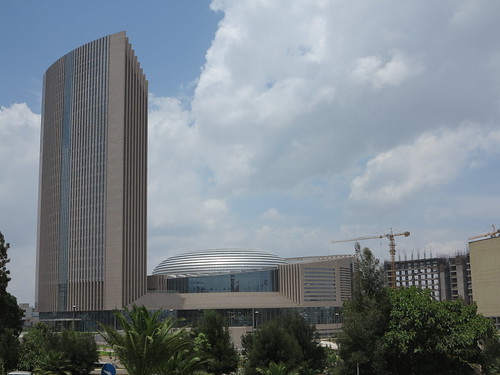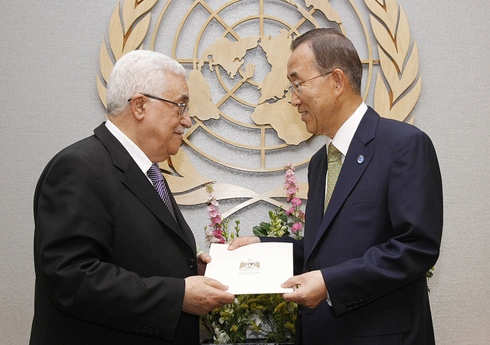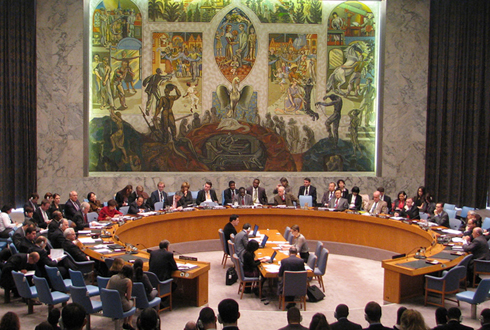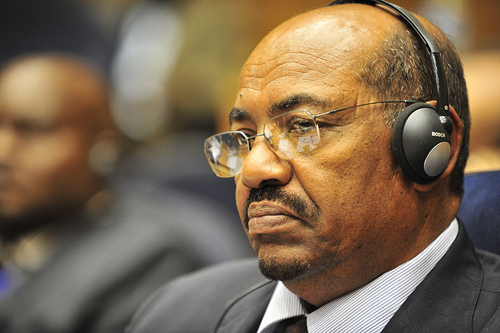It is a regular occurrence to hear how the International Criminal Court (ICC) serves the interests of particular actors, be it warring governments, rebel groups, or members of the international community more broadly. Rarely, however, have scholars and observers considered how the ICC’s decision-making is shaped by the ICC’s own ‘institutional self-interest’.
At the heart of criticisms that the ICC is ‘political’ is the view that the Court is inherently and inevitably selective. This critique is deployed both within and between situations. In cases such as Uganda, Cote d’Ivoire and Libya, it is argued that the ICC has erred in targeting only one side of the conflict. Alternatively, it is argued that the Court focuses myopically on the weakest states in the international community (see the ICC-Africa debate), leaving situations where major power interests collide (e.g. Iraq, Syria and Afghanistan) beyond the reach of international justice.




